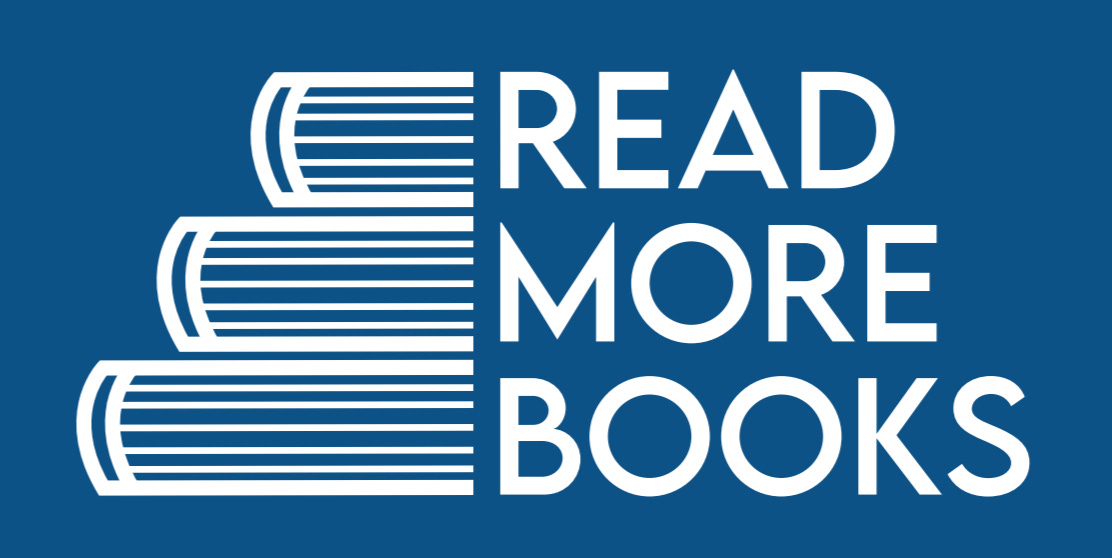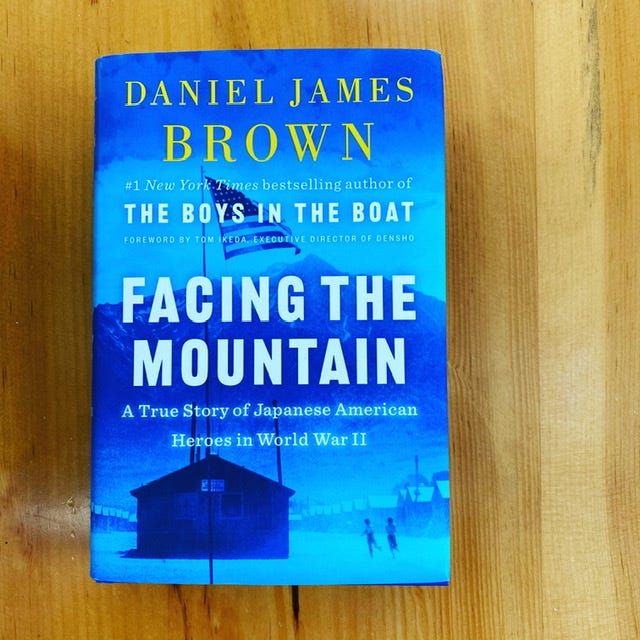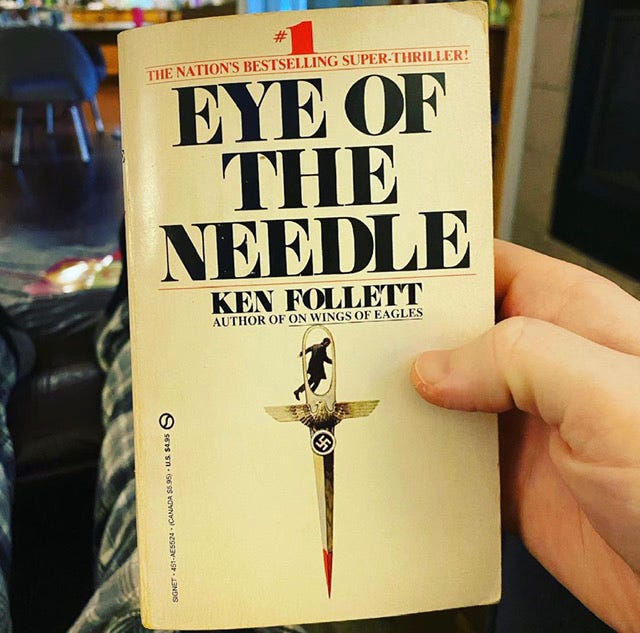What to Read Next (No. 176): WWII, in fiction and non-fiction
While Memorial Day is often more about hot sales and empty patriotism these days, the real purpose is to remember those who have fallen in service of our country. Though the holiday originated after the Civil War, the publishing industry has been awash in WWII books in recent years for the simple reason that the firsthand witnesses are quickly disappearing—there are still a couple hundred thousand veterans, but they’re in their 90s. There are only a few years of firsthand memories remaining.
So this week I’ve giving you two books about WWII. One is brand new and focuses on the long-forgotten but sorely needed memory of Japanese-Americans. The other is older and mostly just for fun—though there is some interesting history involved.
Let’s get to it.
P.S. Don’t forget to email me back and let me know what you’re reading! I love to hear.
Facing the Mountain: A True Story of Japanese American Heroes in World War II by Daniel James Brown
Published: 2021 | Pages: 484
My love for Daniel James Brown is perhaps well-known to my longtime newsletter readers. This book, his fourth, presents perhaps his most important story to date.
I’ve read a lot about WWII—biographies of major characters, histories, historical fiction—and very little has featured the stories of the Japanese-Americans who were not only wrongfully imprisoned in concentration camps1 but then also drafted to fight in Europe for the same freedoms that were actively being taken away from them.
Those of Japanese descent in America had long been worried about what Japan was doing during the war. But it wasn’t until December 7, that beautiful blue Sunday morning in Pearl Harbor, that the worry turned to fear. And for good reason—our country did not do well by those brave men and women.
Brown hits on the Japanese-American experience of WWII on a number of levels. There’s the boy soldiers who had been kicked out the Hawaiian National Guard, at first, before being accepted again into the Army. There’s mothers and fathers, business owners, and community leaders who were imprisoned simply because of their ancestry. There’s the men who refused to bow to this institutional racism and took the fight to the courts.
The thrust of the book, however, is on those young men who ended up overseas, fighting the Axis powers on the European front. Like any person who experiences the atrocities of war, they grew up awfully fast and saw and did things that would haunt them the rest of their lives. The difference between these Japanese-American soldiers and the white American soldiers was that the former had parents imprisoned back home in various camps throughout the stifling and brutal environs of the American west. The courage it took to go on fighting while your national leaders were actively committing racist acts against your family is on another level from anything I’ve read before.
Facing the Mountain is required reading for any fan of history and tells a story that’s far too often neglected in the literature of World War II.
One quick aside before wrapping up this book: Though FDR is rarely mentioned, I couldn’t help but have a lower opinion of him after reading Facing the Mountain. Eleanor was strongly against the imprisonment of these citizens, but FDR went along with his racist generals and cabinet members. Just leaves a poor taste in your mouth.
Eye of the Needle by Ken Follett
Published: 1978 | Pages: 364
Just a couple weeks ago I wrote about Follett’s The Evening and the Morning. I dove into that book because earlier this year I thoroughly enjoyed Follett’s 1978 WWII spy thriller, Eye of the Needle.
Though it’s more thriller than mystery (there’s not much mystery, as you know the identity of the spy from the get-go), what I mentioned last week about that particular genre applies here too: the combination of a unique story and strong characters are what make for real knockouts, and Eye of the Needle is a knockout.
In WWII-era London, a spy is on the loose. The Allies are planning D-Day, which requires a level of subterfuge hardly seen before in human history. They’re planning on landing at Normandy but have set up an enormous campaign of deception to trick the Nazis. (This is all true and utterly fascinating, by the way.)
One man could bring it all down, though. A cunning and merciless undercover German posing as a normal Brit—codenamed the Needle—has stumbled upon this secret. If the Needle can get D-Day’s real location back to Hitler, it would change the course of the war.
MI6—British secret intelligence—is aware of the spy, but they’ve been two steps behind for years. Who’s really standing in the way of the Needle? A lonely woman holed away on an island and stuck in a loveless marriage. Our savvy spy, through a series of unfortunate events, ends up on this island. What happens next will blindside you and you’ll be turning pages as fast as your brain can take ‘em in.
This story has a little bit of everything: history and alternate history, love and lust and disappointment, sinister subterfuge and breathtaking action. Eye of the Needle is very fun and very worth reading even 43 years after it was first published.
Thanks so much for subscribing. I really appreciate the support!
If you enjoy the newsletter, please consider sharing it or gifting a subscription:
-Jeremy
This is indeed the correct term for the 11 camps where Japanese-Americans were held during WWII. The obvious thought is, “Well, it’s not the same as the Nazi camps.” That’s true. Those were death camps, and rose to a level of horror unmatched in modern human history. Concentration camps are defined as a place where a large number of people, usually minorities, are wrongfully imprisoned with inadequate facilities. What Japanese-Americans faced in WWII certainly qualifies.




Thanks for the WWII recs. With June upcoming- my historical monthly read/listen is (S.Ambrose: DDay). I am considering trying the Scribd platform. Any other club members tried this? How has your experience been?
Hey all! I used to house sit for a Naval Captain who served during Korea, and his brother-in-law wrote a book about their experiences on the Western front of WWII. They have all since passed, but it's a good quick read of someone's first hand account, and might be a good read for a summer weekend:
Before the Fields of Crosses
Louis Fortier
https://www.amazon.com/gp/product/1412000467/ref=ppx_yo_dt_b_asin_title_o09_s00?ie=UTF8&psc=1